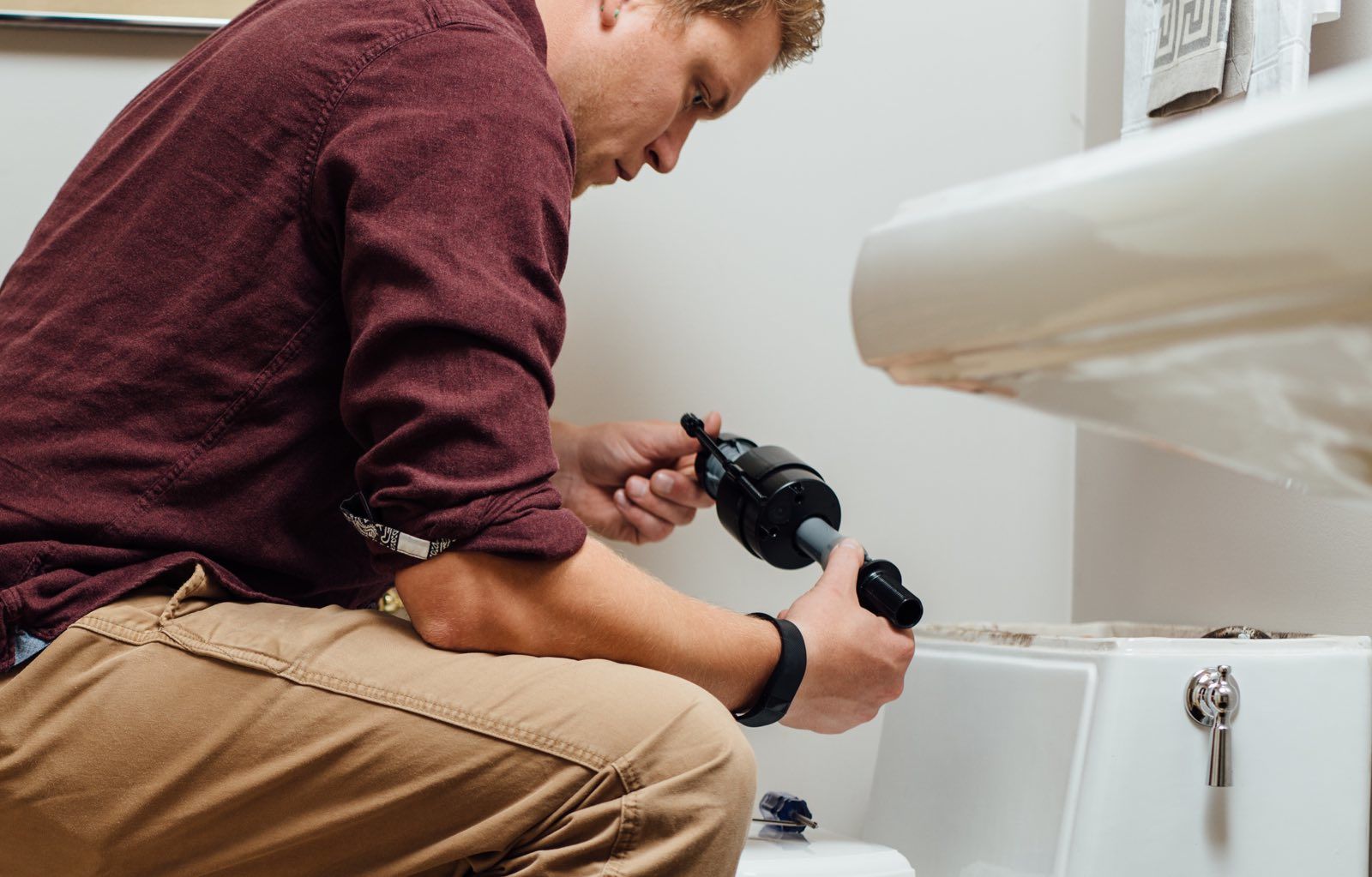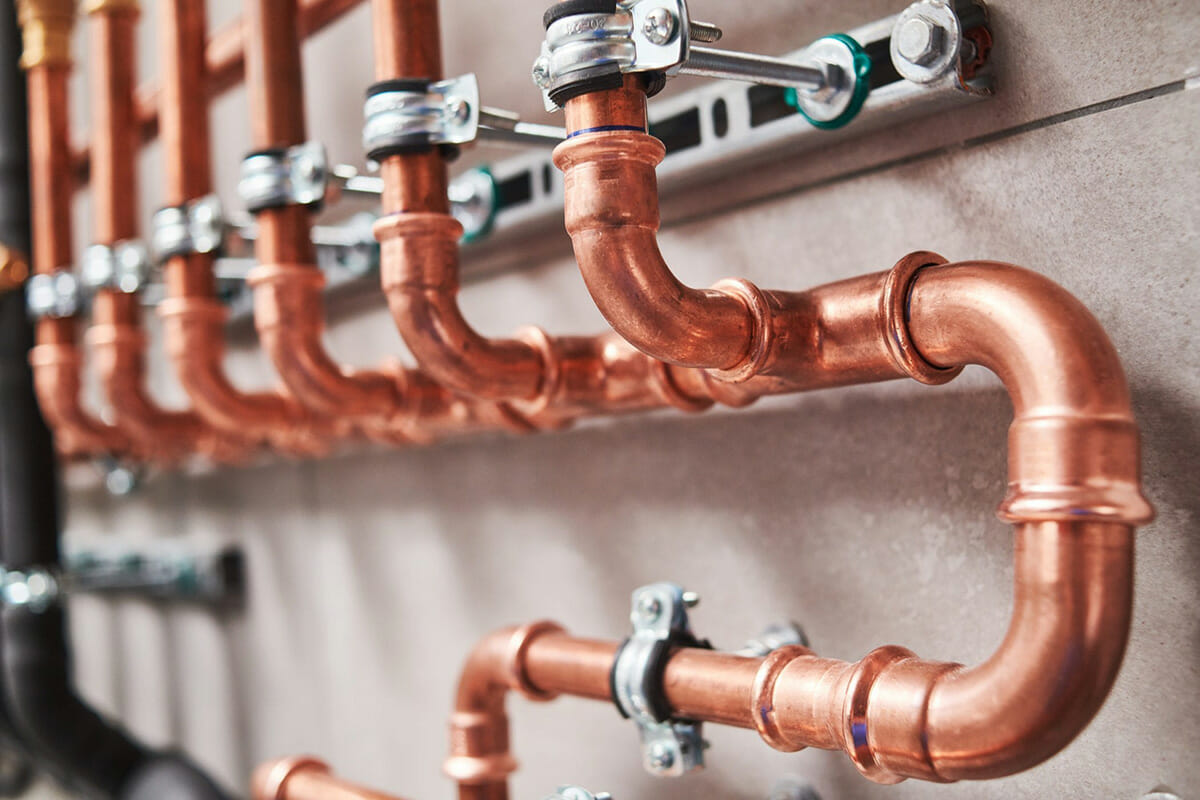Have you ever wondered how much do plumbers make? Let’s face it, when your sink is clogged or your pipes burst in the middle of the night, a plumber feels like a superhero. But just how much do these plumbing wizards earn for their skills? Well, buckle up because we're diving deep into the world of plumbing salaries, uncovering everything from hourly wages to annual incomes. It’s not just about turning a wrench—it’s about turning that wrench into cold hard cash.
Plumbing is one of those trades that never goes out of style. Whether you’re living in a bustling city or a quiet suburb, every household needs a plumber at some point. But what exactly does the job pay? The answer isn’t as straightforward as you might think. Factors like location, experience, and even the type of plumbing work can dramatically affect how much plumbers make.
From fixing leaky faucets to installing complex water systems, plumbers play a crucial role in our daily lives. And let’s be honest—when they save the day, they deserve every penny they earn. So, let’s break down the numbers, explore the factors influencing pay, and find out just how lucrative this trade can be. Are you ready to get your hands dirty with some financial facts? Let’s go!
Read also:Chloe Difatta Leaks The Truth Facts And Everything You Need To Know
Understanding the Basics: What Determines How Much Do Plumbers Make?
Before we dive into the nitty-gritty of plumbing salaries, it’s important to understand the factors that influence how much plumbers make. Think of it like a recipe—different ingredients come together to create the perfect dish. In this case, the ingredients are things like education, experience, location, and even the type of plumbing services offered. Let’s break it down:
Key Factors Affecting Plumber Salaries
- Experience: A rookie plumber fresh out of trade school won’t earn as much as a seasoned pro with years of experience under their belt.
- Location: Plumbers in big cities like New York or Los Angeles tend to make more than those in rural areas, thanks to higher demand and cost of living.
- Specialization: Some plumbers specialize in commercial projects or industrial systems, which can command higher pay.
- Education & Certifications: While not all plumbers need a degree, having certifications in specific areas can boost earning potential.
These factors work together to create a unique salary profile for each plumber. It’s not just about showing up with a toolbox; it’s about bringing value to the table. Now, let’s move on to some hard numbers. How much can you expect to make as a plumber?
The Average Plumber Salary: Breaking Down the Numbers
Alright, let’s talk dollars and cents. According to the U.S. Bureau of Labor Statistics, the median annual wage for plumbers was around $56,000 as of 2022. But hold up—median doesn’t mean everyone earns that much. Some plumbers make significantly more, while others earn less. Here’s a breakdown:
Hourly vs. Annual Pay
Plumbers are often paid by the hour, and the average hourly wage sits at about $27 per hour. However, experienced plumbers or those in high-demand areas can earn upwards of $40 per hour. And let’s not forget overtime—plumbers who work late nights or weekends can rack up some serious overtime pay.
Regional Differences in Pay
Where you live plays a huge role in how much you can earn. For example:
- New York City: Average annual salary of $75,000+
- Los Angeles: Average annual salary of $68,000+
- Chicago: Average annual salary of $62,000+
- Smaller towns: Average annual salary of $45,000-$50,000
As you can see, location matters—a lot. But it’s not just about where you work; it’s also about how you work. Let’s explore some of the different types of plumbing jobs and how they impact earnings.
Read also:Meet Jake From State Farm The Guy Whos Got Your Back
Types of Plumbing Jobs: Does the Work Affect the Wage?
Not all plumbing jobs are created equal. Some plumbers focus on residential repairs, while others tackle large-scale commercial projects. The type of work you do can have a big impact on how much you earn. Here’s a look at some common plumbing specialties:
Residential Plumbing
This is the bread and butter of many plumbers. Residential plumbers fix leaks, unclog drains, and install new fixtures in homes. While it might not be the highest-paying specialty, it’s steady and reliable. Average annual salary: $50,000-$60,000.
Commercial Plumbing
Commercial plumbers work on larger projects, like office buildings or shopping malls. These jobs often require more expertise and can pay better. Average annual salary: $65,000-$75,000.
Industrial Plumbing
Industrial plumbers handle complex systems in factories or manufacturing plants. This specialty demands advanced skills and certifications, which often translates to higher pay. Average annual salary: $80,000+
So, whether you’re fixing a leaky faucet or designing an industrial water system, the type of work you do can significantly affect your paycheck. But what about the future? Is plumbing a growing field, or are robots going to take over?
The Future of Plumbing: Is It a Good Career Choice?
If you’re considering a career in plumbing, you’re probably wondering if it’s a good investment. The good news is that plumbing is a growing field. As the population increases and infrastructure ages, the demand for skilled plumbers is on the rise. In fact, the Bureau of Labor Statistics projects a 5% growth in plumbing jobs over the next decade.
Why Plumbing is a Solid Career Choice
- Job Security: People will always need plumbers, no matter what the economy is doing.
- High Earning Potential: With experience and specialization, plumbers can earn six-figure salaries.
- No College Degree Required: While some education is helpful, you don’t need a four-year degree to become a plumber.
Of course, like any career, there are challenges. Long hours, physical labor, and dealing with messy situations are all part of the job. But for those who love working with their hands and solving problems, plumbing can be a rewarding career.
How to Become a Plumber: The Path to Success
So, you’ve decided plumbing might be for you. Great! But how do you get started? Becoming a plumber typically involves a combination of education, training, and hands-on experience. Here’s a step-by-step guide:
Step 1: Get Educated
Most plumbers start with a high school diploma or equivalent. From there, many attend trade schools or vocational programs to learn the basics of plumbing. These programs can last anywhere from six months to two years.
Step 2: Complete an Apprenticeship
An apprenticeship is where you really learn the ropes. You’ll work under the guidance of experienced plumbers, gaining hands-on experience while earning a paycheck. Apprenticeships usually last about four to five years.
Step 3: Get Licensed
Most states require plumbers to be licensed. This usually involves passing a test that covers plumbing codes, safety regulations, and other important topics. Once you’re licensed, you’re ready to start working on your own.
Becoming a plumber takes time and dedication, but the rewards can be well worth it. Now, let’s talk about some of the perks and challenges of the job.
Perks and Challenges of Being a Plumber
Like any job, plumbing has its ups and downs. On the plus side, plumbers enjoy job security, high earning potential, and the satisfaction of helping people. But there are also challenges to consider. Here’s a look at some of the pros and cons:
The Perks
- Job Security: People will always need plumbers, so there’s no shortage of work.
- High Earning Potential: With experience, plumbers can earn six-figure salaries.
- Work-Life Balance: Many plumbers set their own schedules, giving them flexibility.
The Challenges
- Physical Demands: Plumbing can be physically demanding, requiring strength and stamina.
- Unpredictable Hours: Emergency calls can happen at any time, disrupting your schedule.
- Messy Situations: Let’s face it—plumbing isn’t always glamorous.
Despite the challenges, many plumbers find the job rewarding. And with the right mindset, you can turn those challenges into opportunities.
Top Skills Every Plumber Should Have
Being a successful plumber requires more than just knowing how to fix a leaky pipe. Here are some key skills that every plumber should have:
Technical Skills
- Pipefitting
- Welding
- Water system design
Soft Skills
- Problem-solving
- Communication
- Time management
Having a mix of technical and soft skills can set you apart from the competition and help you succeed in the plumbing industry.
Final Thoughts: Is Plumbing Right for You?
So, there you have it—everything you need to know about how much plumbers make. From the basics of plumbing salaries to the future of the industry, we’ve covered it all. Plumbing is a rewarding career with plenty of opportunities for growth and advancement. But it’s not for everyone. If you’re willing to put in the time and effort, though, plumbing can be a great choice.
Are you ready to take the plunge? Whether you’re considering a career in plumbing or just curious about how much these skilled professionals earn, one thing is clear: plumbers play a vital role in our society. And they deserve every penny they earn.
So, what’s next? If you’re thinking about becoming a plumber, start by researching local training programs and apprenticeships. And if you’re already in the industry, keep honing your skills and expanding your knowledge. The plumbing world is waiting for you!
And hey, don’t forget to share this article with your friends and family. Who knows? You might inspire someone to pursue a career in plumbing. Thanks for reading, and happy plumbing!
Table of Contents
- Understanding the Basics: What Determines How Much Do Plumbers Make?
- The Average Plumber Salary: Breaking Down the Numbers
- Types of Plumbing Jobs: Does the Work Affect the Wage?
- The Future of Plumbing: Is It a Good Career Choice?
- How to Become a Plumber: The Path to Success
- Perks and Challenges of Being a Plumber
- Top Skills Every Plumber Should Have


